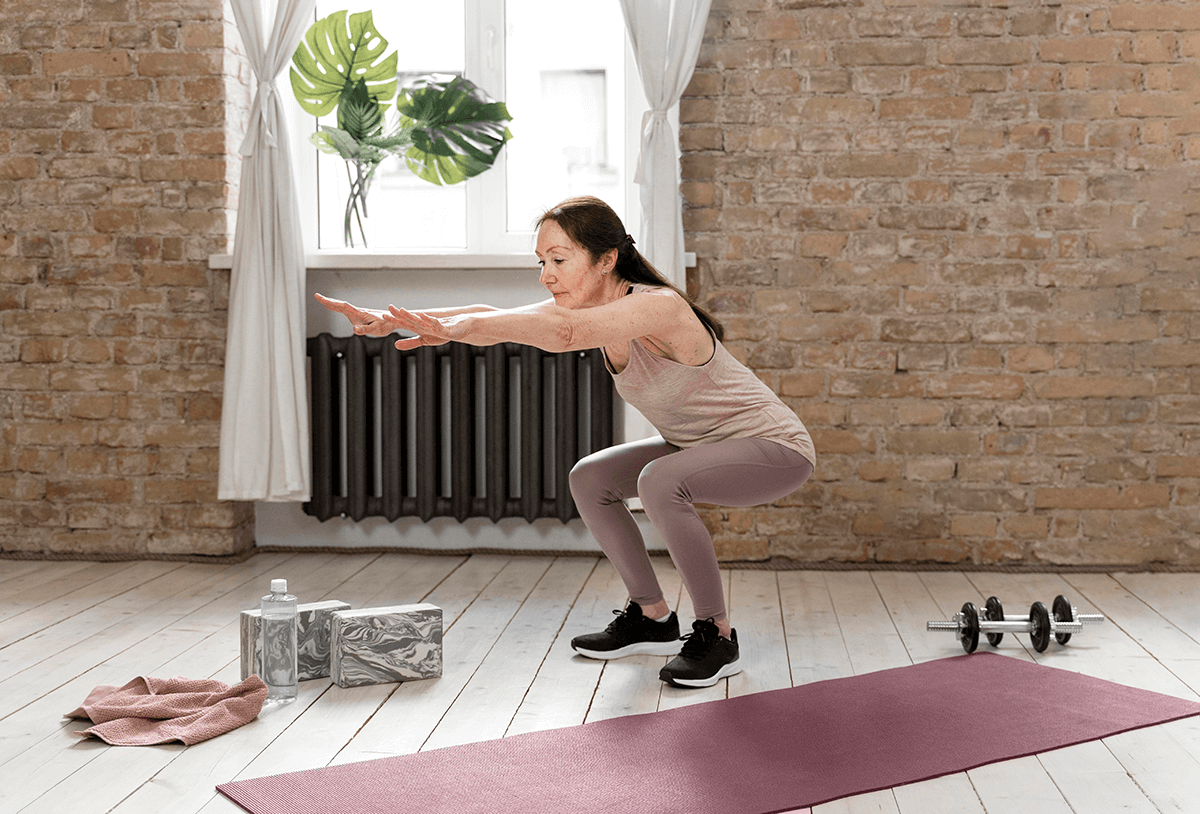Pilates: Transform Your Body and Mind with Proven Benefits
Pilates has increasingly gained popularity around the world, being widely promoted as a practice that combines strength, flexibility, and body control. Developed by Joseph Pilates in the early 20th century, the method has gained recognition for its focus on core stability and improving posture. Recently, the popularity of Pilates has surged, leading to a series of studies and reviews on its effectiveness and health benefits.
According to the World Health Organization (WHO), regular exercise is crucial for maintaining health and preventing chronic diseases. Pilates, with its unique approach, offers an effective alternative to traditional exercise routines, with benefits ranging from improved muscle strength to relief from chronic pain. This article examines the key benefits of Pilates, supported by recent research and recommendations from international health authorities.
Benefits of Pilates
Pilates is widely recognized for enhancing core strength, which is essential for spine stability and proper posture. Studies indicate that regular Pilates practice can lead to a significant reduction in lower back pain. A 2023 study published in the Journal of Bodywork and Movement Therapies revealed that 12 weeks of Pilates training resulted in a 40% reduction in chronic lower back pain among participants, compared to a 20% reduction in a control group that received only standard care for back pain.
In addition to benefits for lower back pain, Pilates is also effective in improving flexibility and promoting better body awareness. A 2022 report by the American College of Sports Medicine (ACSM) highlights that Pilates can increase flexibility by up to 25% over an 8-week period, compared to other forms of exercise. Regular practice also helps improve coordination and balance, essential factors for fall prevention, especially among the elderly.
Health Evidence and Research
The effectiveness of Pilates is supported by various research studies and meta-analyses. According to a 2024 review published in the International Journal of Sports Medicine, Pilates practice benefits both mental and physical health. The study, which analyzed data from over 50 Pilates research papers, concluded that the practice reduces stress levels and improves overall well-being of participants.
The Brazilian Ministry of Health also highlights the benefits of Pilates in its health and wellness guidelines. A 2023 report from the ministry recommends Pilates as a complementary practice in the treatment of conditions such as shoulder impingement syndrome and other musculoskeletal injuries. According to the report, Pilates contributes to effective rehabilitation and improved quality of life for patients.
Pilates and Mental Health
Beyond physical benefits, Pilates has shown a positive impact on mental health. A 2024 study published in the Journal of Clinical Psychology found that regular Pilates practice is associated with a significant reduction in anxiety and depression symptoms. The study revealed that participants who practiced Pilates twice a week experienced a 30% decrease in anxiety symptoms compared to a control group.
Final Considerations
While Pilates offers many benefits, it is important to remember that, like any exercise program, its effectiveness may vary depending on the individual and their specific goals. Pilates should be considered as part of a healthy lifestyle, including a balanced diet and other forms of physical activity. Consulting with a healthcare professional or a qualified instructor is essential to ensure that Pilates is suitable for your individual needs.














